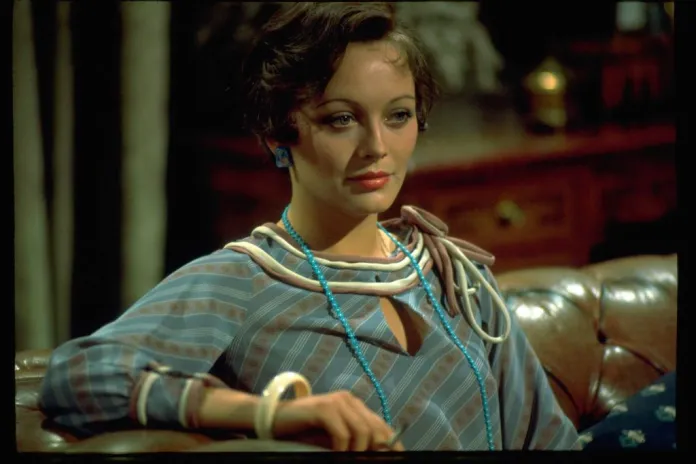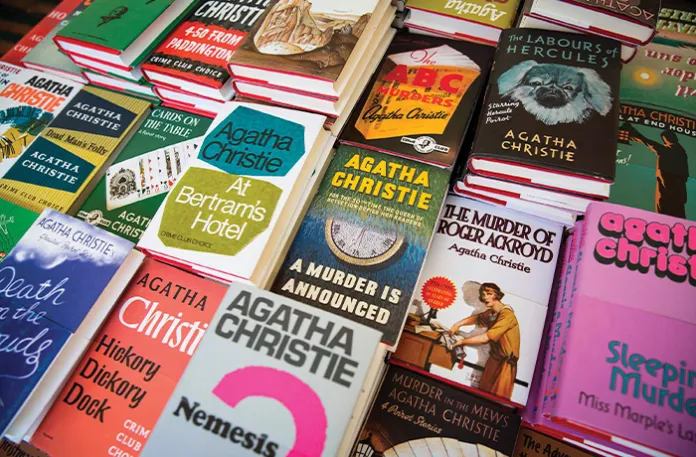Success has many fathers, but Gladiator II is an orphan – Washington Examiner
The article provides an analysis of the sequel “Gladiator II,” directed by Ridley Scott, comparing it to the original “Gladiator.” The original film is praised as a masterpiece with unforgettable lines and a compelling narrative. It set a standard for historical action films with its intimate yet grand cinematography and well-developed characters, particularly Russell Crowe’s Maximus.
In contrast, “Gladiator II” is criticized for largely rehashing elements from the original, including characters, plot points, dialogue, and even its musical score, which fails to capture the original’s impact. The sequel, set 16 years after Commodus’s death, introduces new characters but lacks original depth and innovation. The opening battle scene is noted for its excessive CGI, making it less engaging.
The sequel features Lucius, the grandson of Marcus Aurelius, who, like Maximus, experiences loss and seeks revenge but lacks the emotional resonance of the first film. While Denzel Washington’s performance as Macrinus stands out, the overall quality—including dialogue that awkwardly mixes modern and archaic English—leaves much to be desired. Recurring phrases and gestures from the original film seem to be a superficial connection rather than a meaningful continuation of its themes. the review concludes that “Gladiator II” struggles to match the greatness of its predecessor and does not offer a compelling narrative or character development.
Success has many fathers, but Gladiator II is an orphan
The original Gladiator is Ridley Scott’s magnum opus and remains one of the best films since the turn of the century. The script, despite being written on the fly, had great lines. Everyone old enough to have watched the original remembers “Are you not entertained?” and “What we do in life echoes in eternity.” These were delivered by a Russell Crowe in his prime — charming, sensitive, and as hard as nails.
The opening scene, and much of the film, became a template for 21st-century historical action films. Scott alternates between massive wide shots and extreme close-ups to create a large scale that is also intimate. The combat sequences throughout the film are riveting, not only because they are tightly shot and gruesomely economical but also because we care about Crowe’s character, Maximus. He is our better self — broken, yes, but determined to keep what remains of his dignity and honor his wife and son until the bitter end. Joaquin Phoenix is perfect as Commodus. Even Derek Jacobi plays an actual character rather than Derek Jacobi, sage of the London stage, playing a character. It ends honestly with Maximus’s death, reminding us that while life is a mostly tragic affair, there is nobility to be found in suffering well.
In Gladiator II, also directed by Scott, nearly everything from the original is rehashed — characters, plot, dialogue, even the music. (The composer Harry Gregson-Williams offers an uninspiring homage to Hans Zimmer’s score for the original film.) Yes, there are a few innovations, but these only make the film worse.
The sequel takes place 16 years after the death of Commodus. Rome is ruled by twins who look like War Boys from the Mad Max films. Marcus Aurelius’s grandson, Lucius (played by Paul Mescal), lives in North Africa with his wife after fleeing Rome as a child. He is a farmer, like Maximus, but of humbler means. Like Maximus, he, too, likes to run his hand through his crops. The point of this, and of many other shots in the film, is not to communicate a feeling or an idea directly. It is to remind us of what we felt when we watched the first film.
The opening battle scene parallels the original. The Romans again advance on the barbarians (this time on sea off the coast of North Africa). Flaming arrows and stones fly. Bodies are cleaved and dismembered. It is supposed to be heart-pounding stuff, but the CGI makes it too big to be interesting. A navy attacking with 200 ships isn’t much more thrilling than one attacking with 50, at least not on a screen. And surrounding the characters with an ever more complex arrangement of pixels does little to bring them, or the moment, to life.
In the first Gladiator, Maximus’s wife and son don’t die until 30 minutes into the film. It takes five in Gladiator II. Lucius’s wife is killed by General Marcus Acacius (played by Pedro Pascal) while fighting alongside her husband. Lucius is captured and sold to Macrinus (played by Denzel Washington, the film’s sole bright spot). Macrinus uses some of his slaves as gladiators and tests their skill. Lucius initially refuses to fight but easily bests everyone when he does. And so he is sent off to Rome with the promise that if he fights well, Macrinus will deliver General Acacius into his hands.
How Macrinus can plausibly promise this is unclear unless you know that Macrinus is a real historical figure who briefly ruled as emperor. When Lucius arrives in Rome, he is brought to court and feigns madness in a brief and otherwise meaningless allusion to Hamlet. Acacius has married Lucius’s mother, Lucilla (Connie Nielson), and apparently Lucius wishes to disguise his intentions against Acacius. Meanwhile, Acacius, who served under Maximus, is working with Lucilla to overthrow the tyrannical twins and return Rome to a republic. The plan is exactly the same as in the first film and just as successful.
The acting is mostly underwhelming. Both Joseph Quinn and Fred Hechinger go all out to give us emperors who are effectively grotesque, but everyone else besides Denzel looks bored. The film’s dialogue is written in a mix of modern English and faux Elizabethan (“What say you?”). The actors are unsure if they should speak these lines in a British accent or not. Pascal gives the king’s tongue a half-hearted try but quickly gives up. Denzel speaks Denzel throughout, though he has the film’s corniest line: “Rage pours out of you like milk from a whore’s tit,” he tells Lucius.
Lucius repeats many of Maximus’s defining phrases (“On me!”) and gestures — he rubs his hands in gravel or chalk a half-dozen times. This is supposed to be suggestive of the film’s big reveal, that Lucius is Maximus’s son, but the repetitions are tiresome nonetheless. Otherwise, Lucius’s lines are either banal (“Wood or steel, a point is still a point”) or shamanistic (“Know this: Where death is, we are not. Where we are, death is not!”). The second is a crib from Epicurus about how death and consciousness cannot coexist, making death a kind of nothingness. It’s a little too highbrow, needless to say, to rally a group of gladiators to battle. Mescal delivers all of these lines in a surprisingly consistent monotone.
Inspired by the Godfather trilogy, Scott has said he is already planning Gladiator III. “I’m already toying with the idea of Gladiator III. No, seriously! I’ve lit the fuse,” he told Premiere magazine. “The ending of Gladiator II is reminiscent of The Godfather, with Michael Corleone finding himself with a job he didn’t want, and wondering, ‘Now, Father, what do I do? So the next [film] will be about a man who doesn’t want to be where he is.”
Scott clearly has nothing left to say and may very well end a long and distinguished career cannibalizing his and others’ past successes.
Micah Mattix is a professor of English at Regent University.
" Conservative News Daily does not always share or support the views and opinions expressed here; they are just those of the writer."




